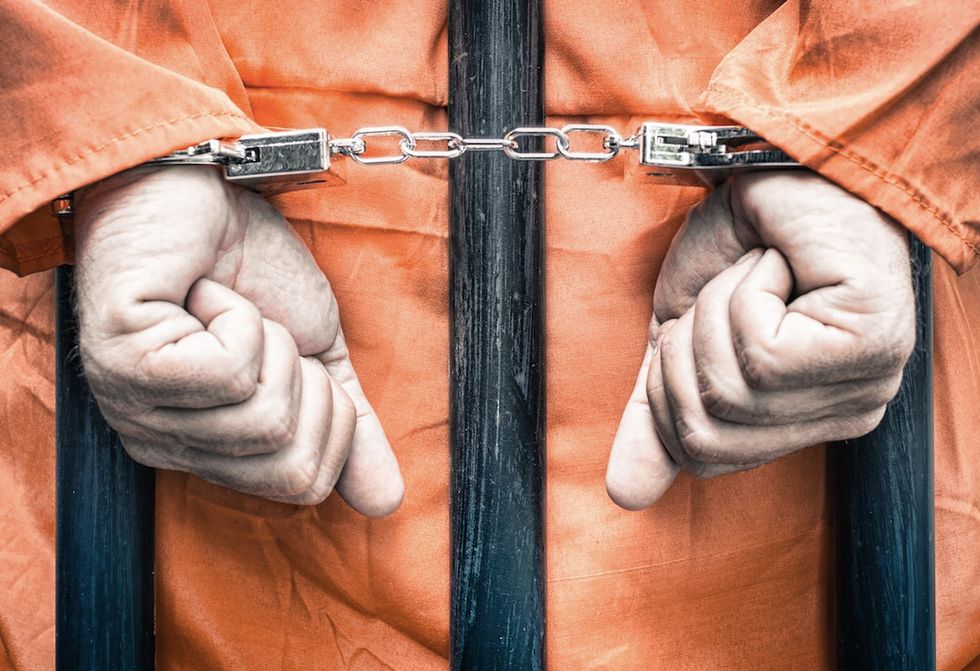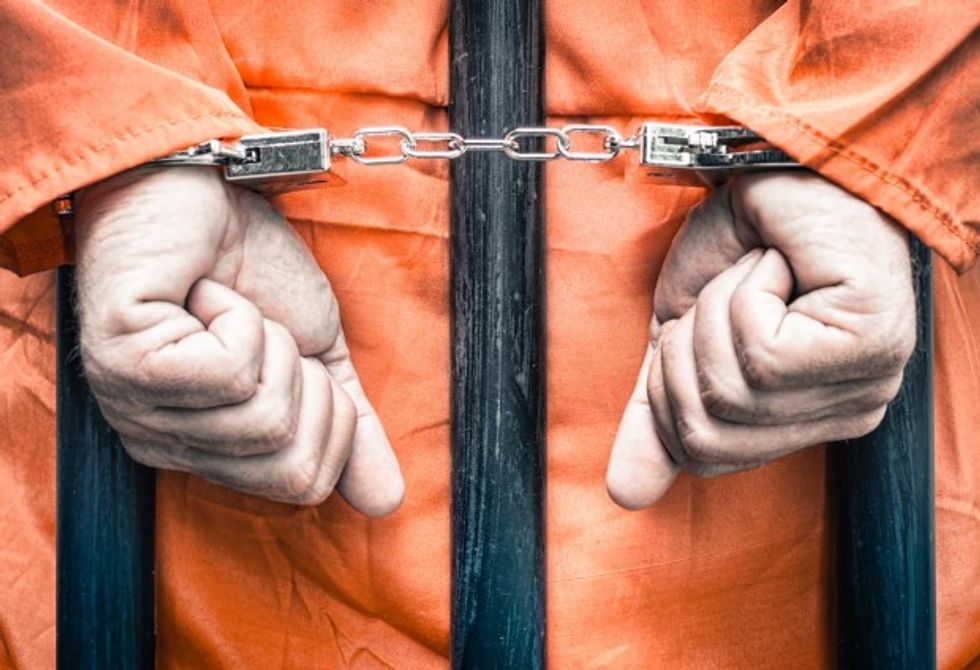
Photo credit: Shutterstock

The National Association of Evangelicals, an umbrella group that represents millions of evangelical Christians throughout the United States, released a resolution on Monday that both amends and softens its stance on capital punishment.
The board of directors for the group approved a "Capital Punishment" resolution on October 15 that takes into account the diverse views that many evangelicals hold on the death penalty, abandoning a previous policy that was exclusively supportive of capital punishment.
"[Evangelicals] differ in their beliefs about capital punishment, often citing strong biblical and theological reasons either for the just character of the death penalty in extreme cases or for the sacredness of all life, including the lives of those who perpetrate serious crimes and yet have the potential for repentance and reformation," it reads. "We affirm the conscientious commitment of both streams of Christian ethical thought."
 Photo credit: Shutterstock
Photo credit: Shutterstock
It's essentially a middle-ground approach to an increasingly contentious issue in Christian circles of late, especially considering growing concerns about judicial errors that sometimes lead to false convictions.
"A growing number of evangelicals call for government resources to be shifted away from the death penalty," National Association of Evangelicals President Leith Anderson said in a press release. "Our statement allows for their advocacy and for the advocacy of those of goodwill who support capital punishment in limited circumstances as a valid exercise of the state and as a deterrent to crime."
Despite division over the issue, the National Association of Evangelicals said that believers and members, alike, are united in calling for reform of the criminal justice system in an effort to help rehabilitate offenders and remedy any inequalities within the system.
"We affirm with the Apostle Paul that governments are called to administer justice to protect citizens and preserve the common good," the resolution continues. "As citizens of the United States, we are grateful for the degree of public safety most Americans experience and the rules of due process embodied, if imperfectly implemented, in our legal system."
But it goes on to say that "all human systems are fallible" and that there are systematic problems when it comes to the death penalty in America. The resolution also notes the differences between Mosaic Law and American law when it comes to the reliability of convictions.
"In Mosaic Law, standards of evidence were stringent, requiring a minimum of two eyewitnesses who were willing to stake their own lives on the truthfulness of their testimony and who would initiate the execution by 'casting the first stone,'" the resolution reads. "Circumstantial evidence was not permitted."
The National Association of Evangelicals acknowledged, though, that the American justice system is "unlikely to reach such standards of evidence" in light of the seriousness of crimes and the occurrence of post-convictions exonerations.
"Clearly we are seeing growing concerns among the NAE leadership about problems with the death penalty. These concerns mirror what I have been hearing when I talk to Christians across the country," Beaudoin said. "More of them are questioning their support for the death penalty as they learn about its mistakes and bias. I am overjoyed that the NAE has taken so much leadership in fostering this dialog."
The last time that the National Association of Evangelicals issued a statement on the death penalty was in 1973, at which time the group took a firm stance in favor of capital punishment, proclaiming, "If no crime is considered serious enough to warrant capital punishment, then the gravity of the most atrocious crime is diminished accordingly."
In the end, the new statement moves to embrace evangelicals' diverse views on capital punishment. Read the amended view in its entirety here.

As TheBlaze previously reported, there have been changing tides among evangelicals on this issue. It was in early 2014 that the Rev. Samuel Rodriguez, president of the National Hispanic Christian Leadership Conference, told TheBlaze that he hasn’t quite landed on his position, though he had been hoping that both sides of the debate will be open to discussing the issue.
“I am personally having a conversation. I’m providing space for a conversation and I am analyzing my life committment in reconiciling it with the ‘Imago Dei’ [Image of God],” Rodriguez said. “I have not come to a definitive conclusion, because of the Scott Petersons in the world.”
At the same time, R. Albert Mohler Jr., president of the Southern Baptist Theological Seminary, confidently said around the same time that he believes that the Bible allows for the death penalty in certain circumstances.
It is unclear where Rodriguez currently stands on the National Association of Evangelicals statement; Mohler has also not publicly commented on the policy change.
Polls show that at least half of the country supports the death penalty for convicted murderers, though the proportions have changed over the past few decades. A recent Pew Research poll found that 56 percent favor capital punishment for those convicted of murder, with 38 percent opposed; support is lower than it has been in the past four decades.
In the mid-1990s, Gallup found that 80 percent of the general public favored the death penalty for those convicted of murder, while only 16 percent opposed it.
In the past, TheBlaze has also explored in-depth where Christians stand on the issue. In analyzing recent data from the Barna Group, a research firm that assesses issues pertaining to faith, Religion News Services’ Jonathan Merritt noted that there is a big generational difference among Christians on the issue.
When asked if “the government should have the option to execute the worst criminals,” only 32 percent of self-identified Christian millennials — individuals born between 1980 and 2000 — answered affirmatively, compared to 42 percent of self-identified Christian baby boomers born between 1946 and 1964.
--
Front page image via Shutterstock.com.
Follow the author of this story on Twitter and Facebook:
Billy Hallowell